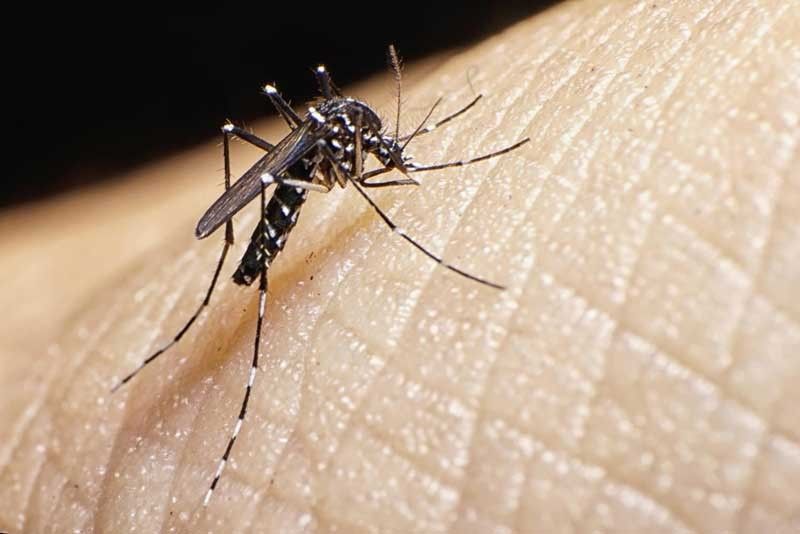US donates gadgets to identify Zika-carrying mosquitoes

MANILA, Philippines — The Department of Science and Technology-Philippine Science High School System (DOST-PSHSS) will be provided by the US with gadgets that allow the identification of mosquitoes bearing the Zika virus.
Science Secretary Fortunato dela Peña said the DOST welcomed the provision of hundreds of specialized lenses for mosquito identification by the US government under their Global Learning and Observations to Benefit the Environment (GLOBE) program led by the National Aeronautics and Space Administration (NASA).
It was learned that the US embassy will hand over the lenses to the DOST during the National S&T Week celebration this week at the World Trade Center in Pasay City starting tomorrow.
The DOST-PSHSS now has 16 campuses all over the country, or one in every region except the Autonomous Region in Muslim Mindanao.
The lenses being delivered are part of the Country Mosquito Training, in which country coordinators are provided with small lenses needed for the identification of mosquitoes as well as bags for carrying the lenses and other items.
The GLOBE programs include combating vector-borne diseases, showcasing science and technology innovations, improving understanding of the environment, promoting English language learning, empowering women and girls and engaging in promoting positive interactions in conflict-prone regions.
Aside from NASA, the program is also supported by the US Department of State, National Science Foundation and National Oceanic and Atmospheric Organization.
Through the GLOBE program on combating vector-borne diseases, students and citizen scientists collaborate with NASA on earth science satellite missions and in regional and global field measurement campaigns.
Teachers use GLOBE to increase science, technology, engineering and mathematics skills and environmental awareness and to foster regional and international linkages.
The GLOBE Observer Mosquito Habitat Mapper app enables citizens and students to identify mosquitoes that carry disease like Zika, eliminate their breeding sites and upload data to improve tracking and control of the disease.
The program assists hard-to-reach populations in targeted Zika-affected countries, including the Philippines.
It is supported by the US embassy’s public affairs section and is designed to build sustainable networks of schools, organizations and public health officials in Zika-affected regions and use their crowd-sourced data to improve tracking and control of the disease.
The GLOBE program coordinator in the Philippines is Rod Allan de Lara, the DOST-PSHSS deputy executive director.
According to the Centers for Disease Control and Prevention, Zika is spread mostly by an infected Aedes species mosquito that bites during the day and night. It can be passed from a pregnant woman to her fetus and infection during pregnancy can cause certain birth defects, said CDC, adding that there is no vaccine or medicine for Zika.
- Latest
- Trending




























